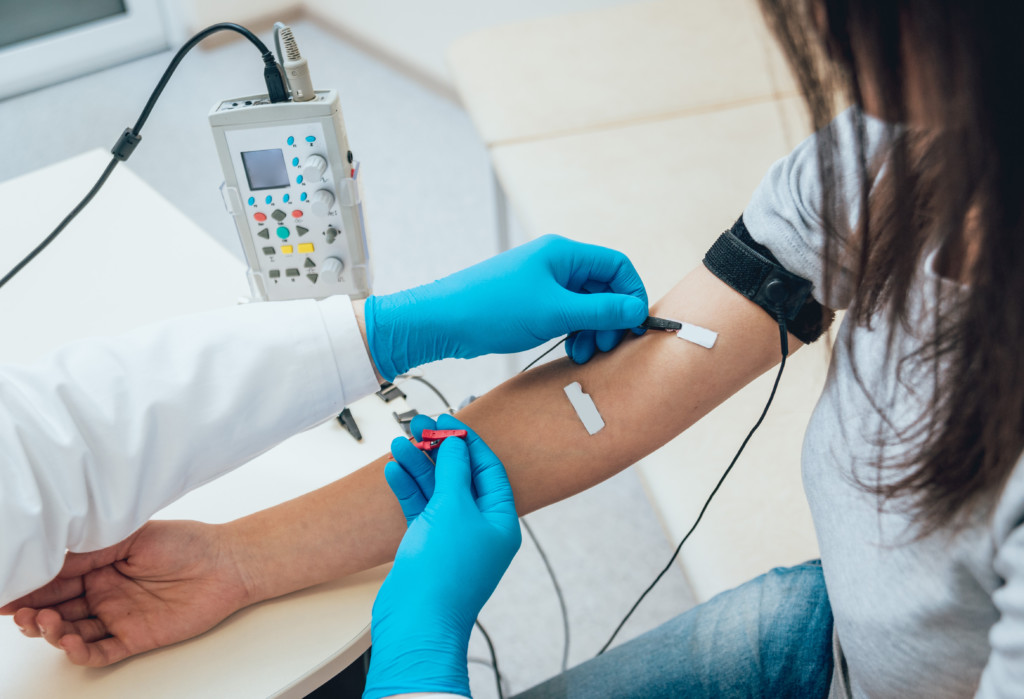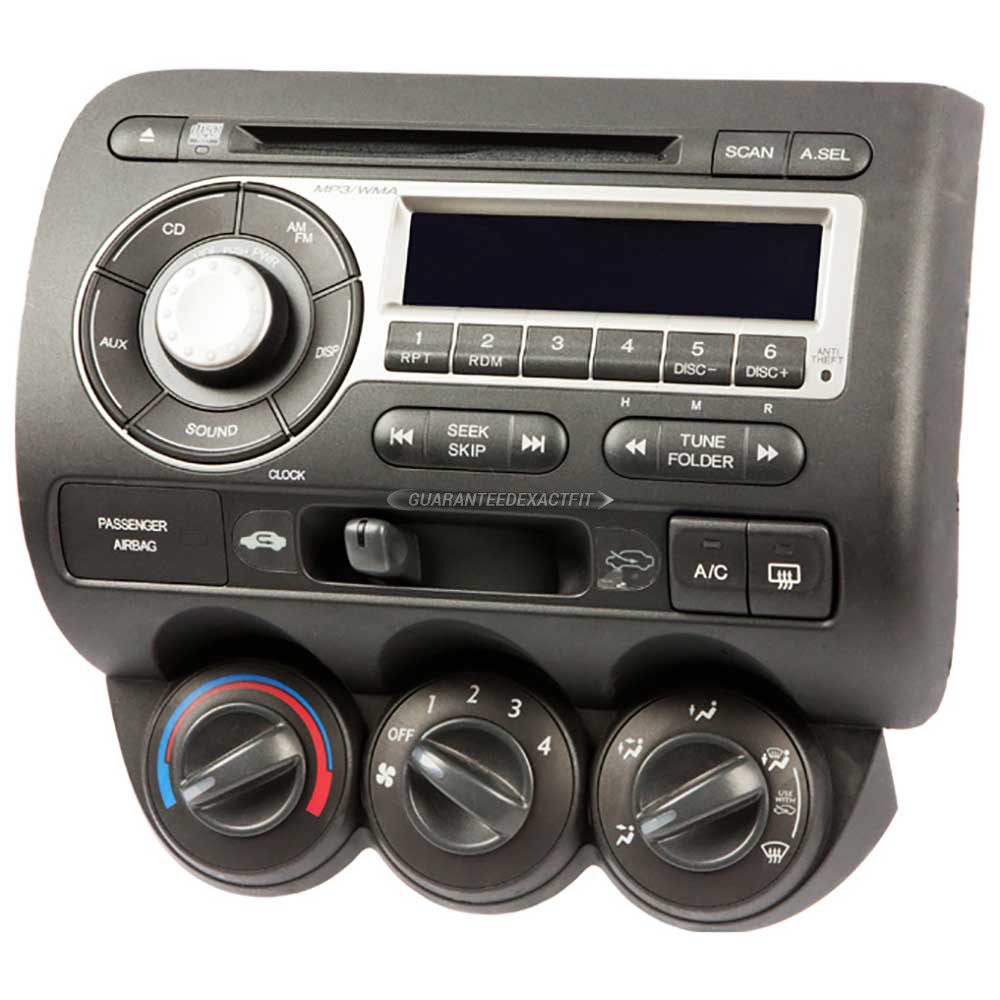
Without insurance: An EMG or NCS may cost from $150 to $500. An SEP may cost much more than $350.ĮMG results are often necessary to help diagnose or rule out a number of conditions such as: Muscle disorders, such as muscular dystrophy or polymyositis. Diseases affecting the connection between the nerve and the muscle, such as myasthenia gravis. You may feel some discomfort depending on how strong the impulse is. You should feel no pain once the test is finished. Often, the nerve conduction test is followed by electromyography (EMG). You may have muscle soreness or bruising after the test at the site where the needle was inserted.Electromyography (EMG) is a medical test that involves nerve conduction study of the muscles and the nerve cells that regulate them in terms of wellness. Such nerve cells are referred to as motor neurons. They relay electrical impulses that induce contraction and relaxation of muscles.


These electrical signals are converted into diagrams or numbers by an EMG, helping doctors provide medical advice. When someone is displaying signs of a muscle or nerve dysfunction, a doctor may order an EMG. Tingling, numbness, or unexplained stiffness in the muscles may be part of these effects. Before an EMG Test, What Should You Know? The findings of EMG will help the doctor identify muscle diseases, nerve damage, and disorders that influence the nerve-muscle relation. You may notify your doctor before the test if you are taking anticoagulation or blood-thinning medications or have a pacemaker or implanted defibrillator.īut these will generally produce no complications, and an EMG test can be carried out safely. You do not have to take antibiotics before an EMG. On the day of the test, you should take any medicines that you usually take. There is no need for specific preparation.

If you have signs or symptoms that may indicate a nerve or muscle disorder, your doctor might order an EMG. Difficulty speaking, chewing or swallowing.Persistent pain in the feet, legs, arms or hands.Numbness, tingling or paralysis in the limbs.To help diagnose or rule out several conditions, EMG results are often necessary if you have: Muscle disorders, such as polymyositis or muscular dystrophy.


 0 kommentar(er)
0 kommentar(er)
